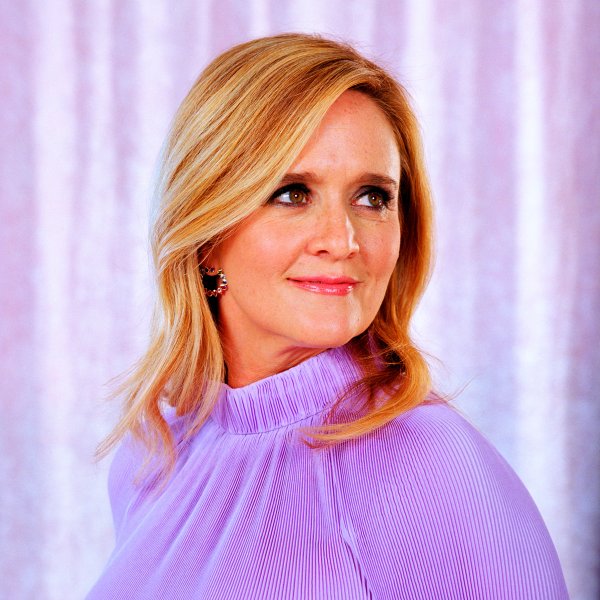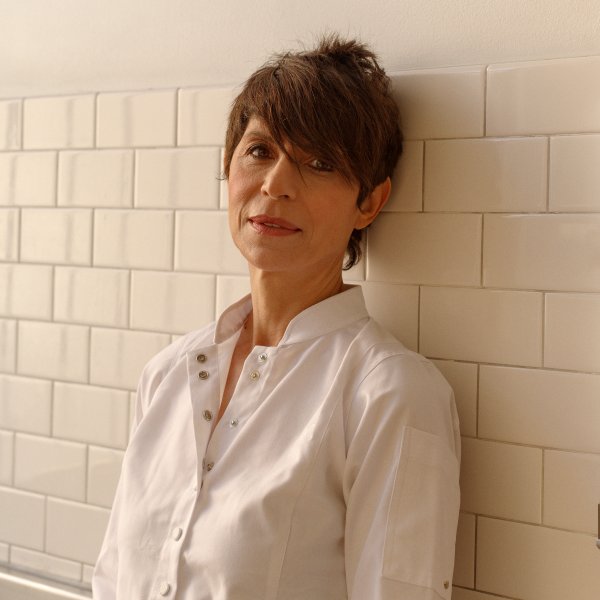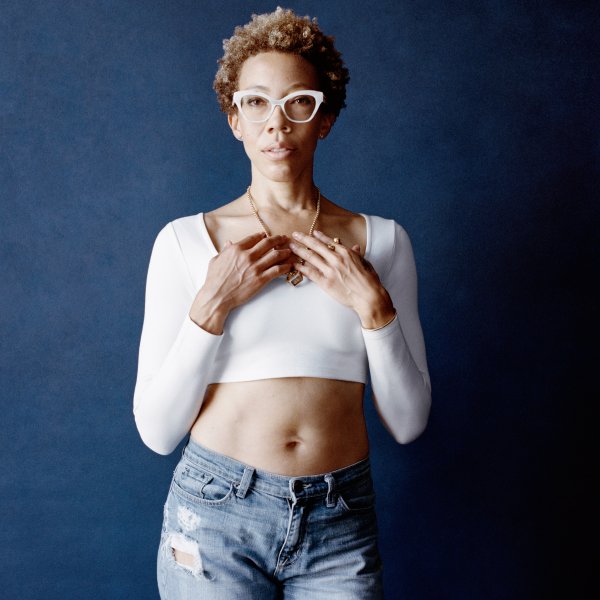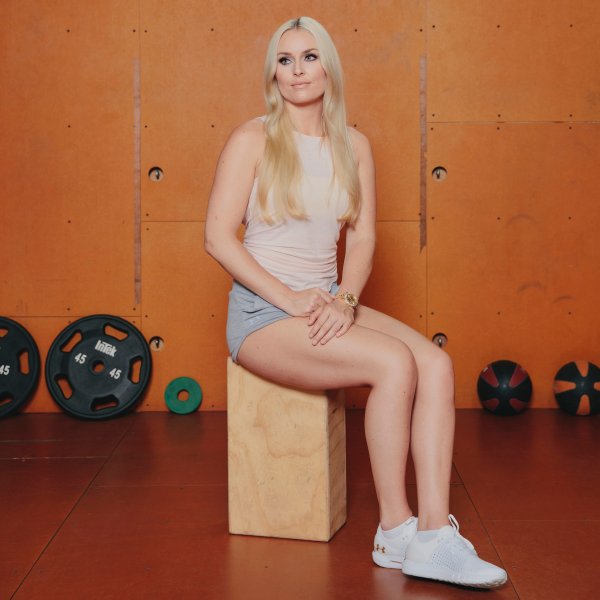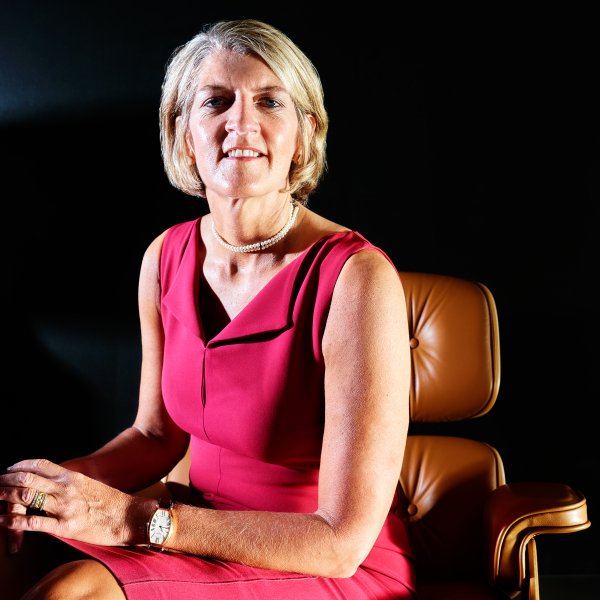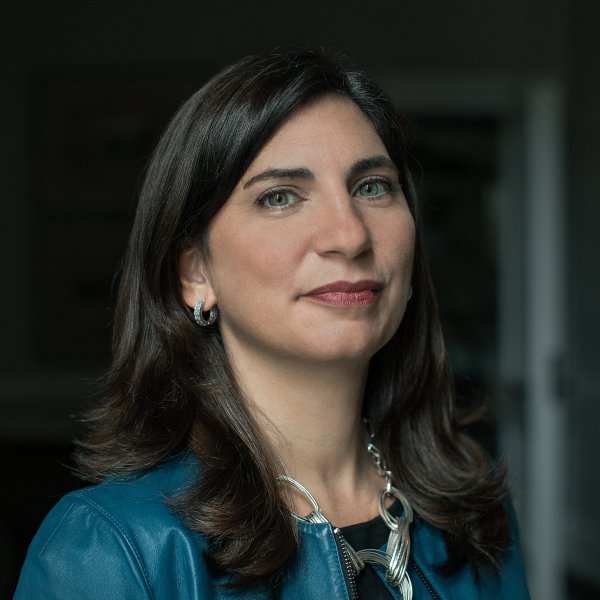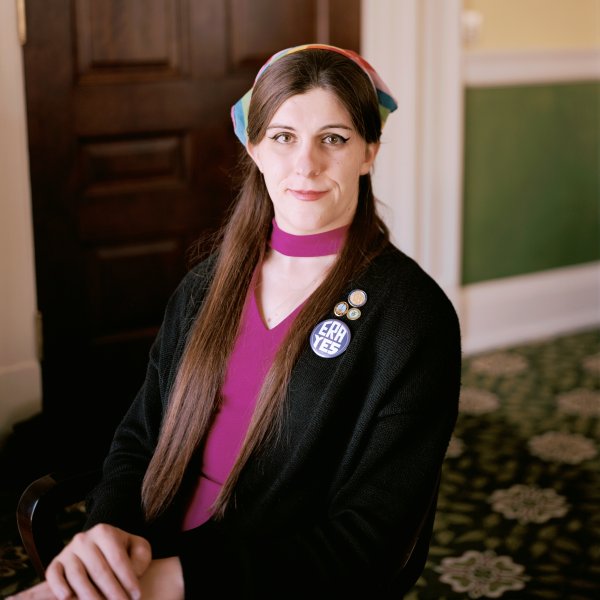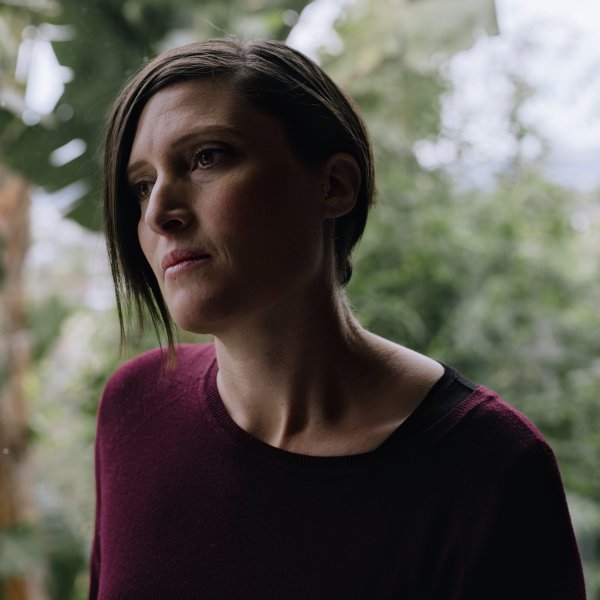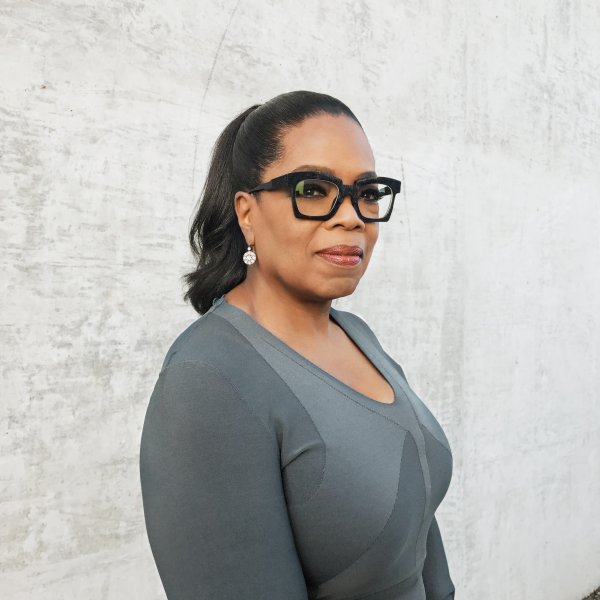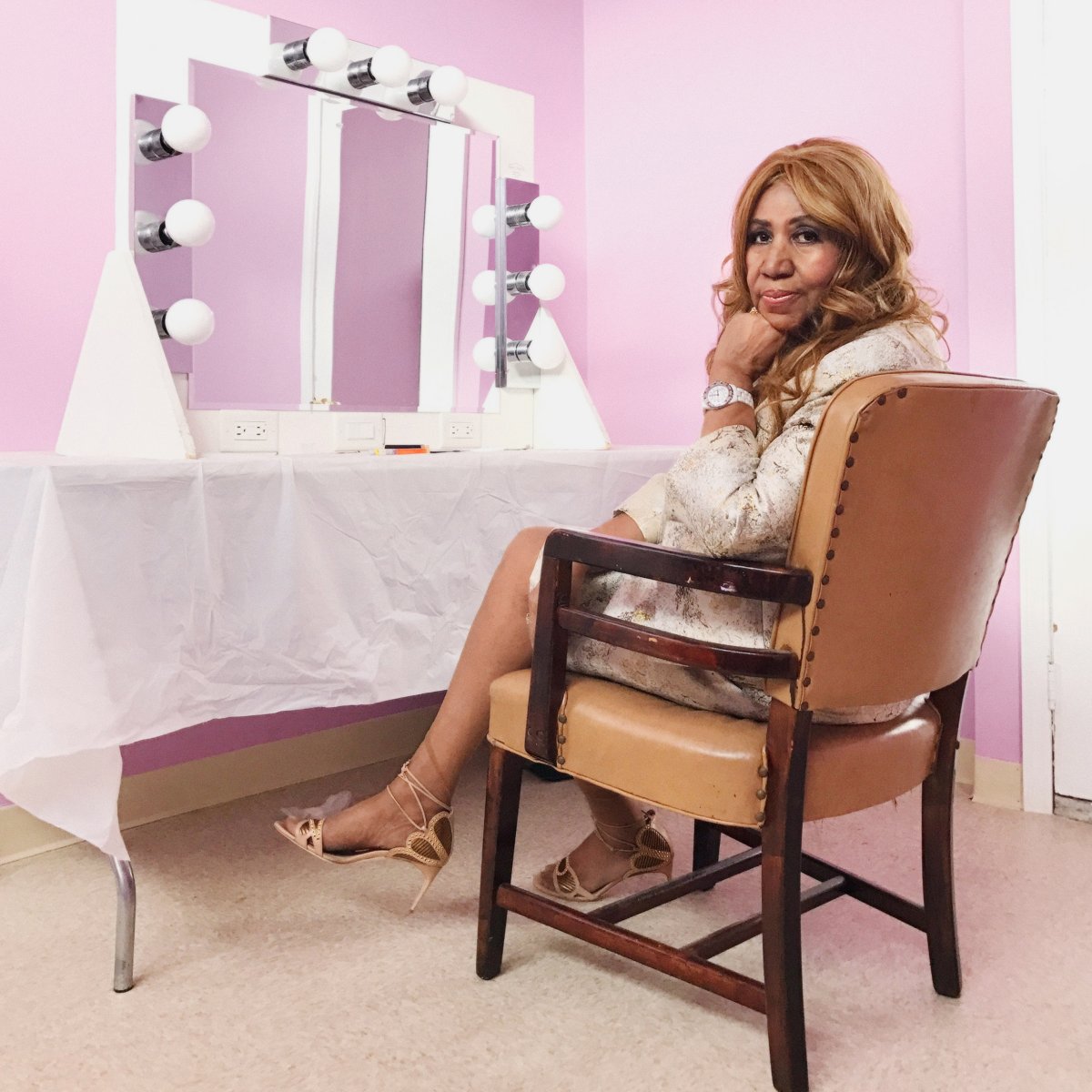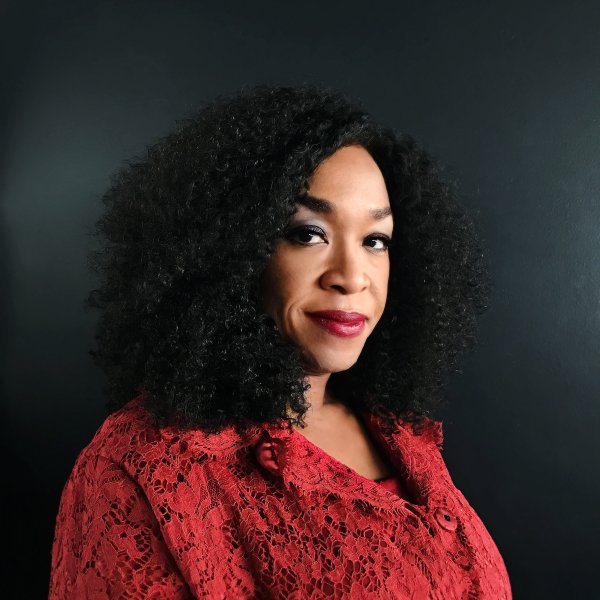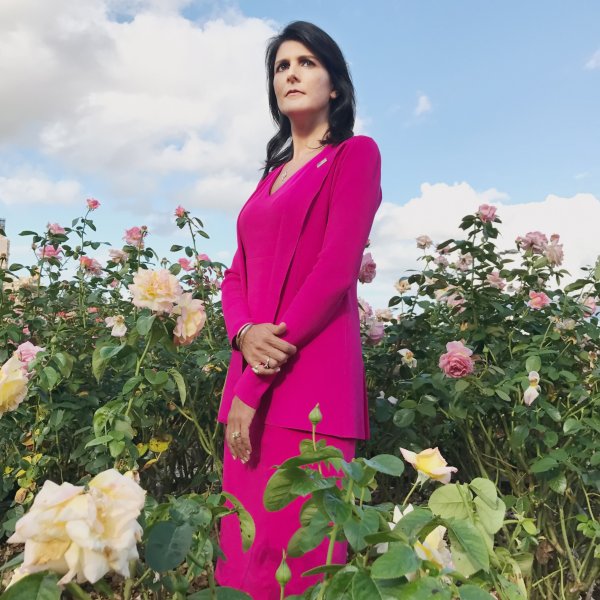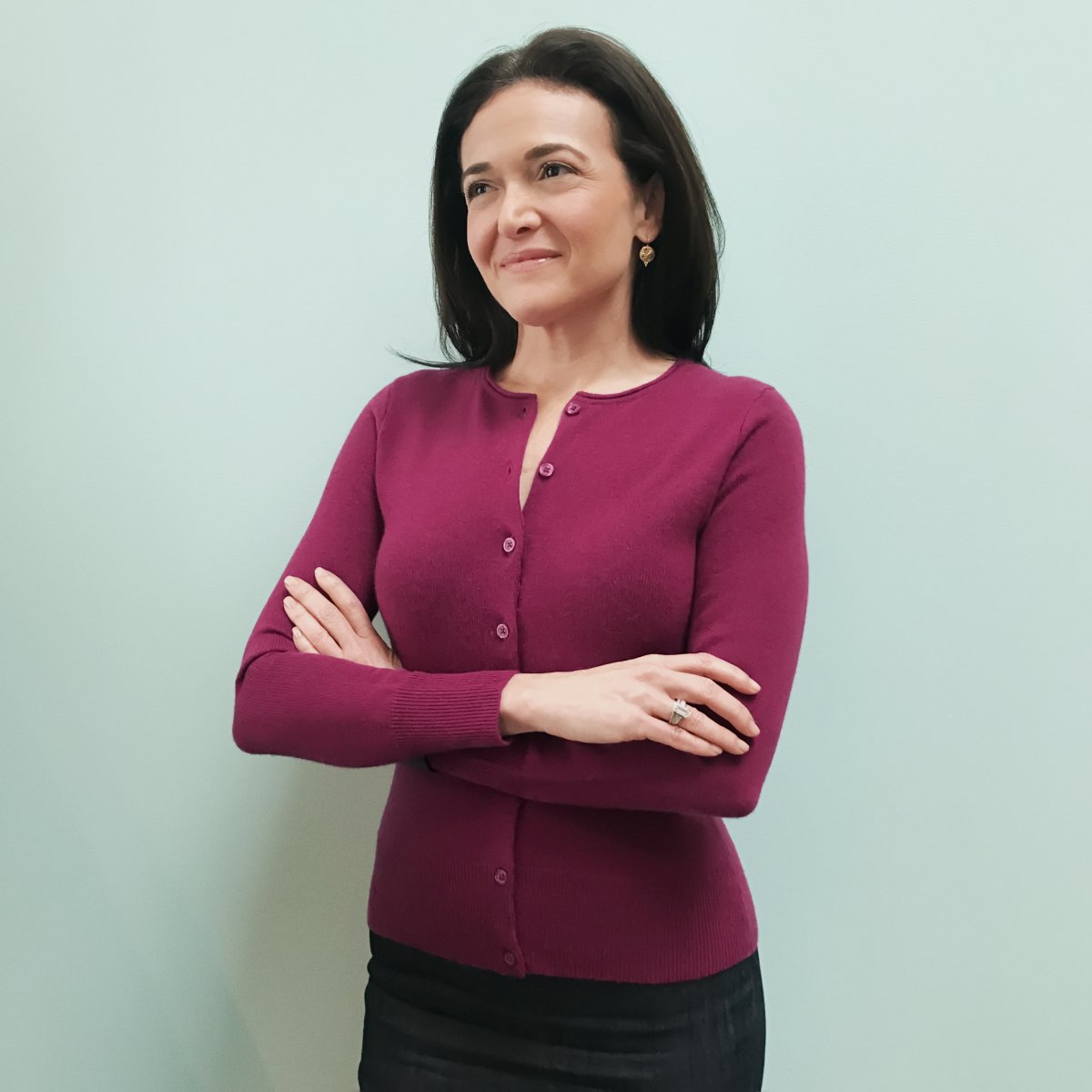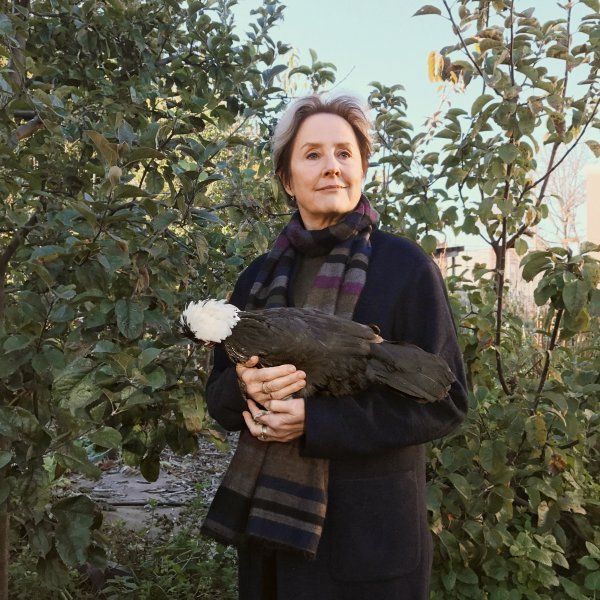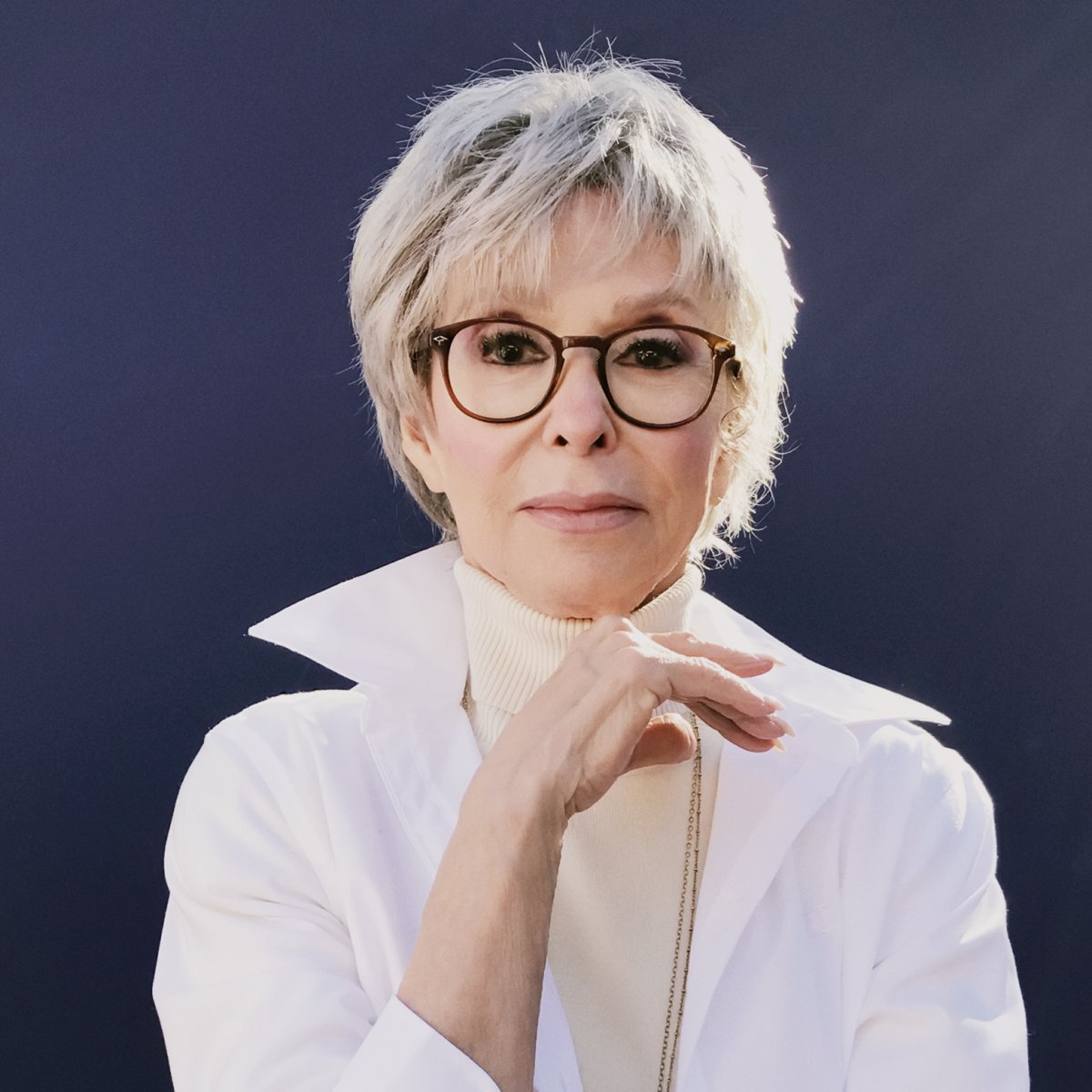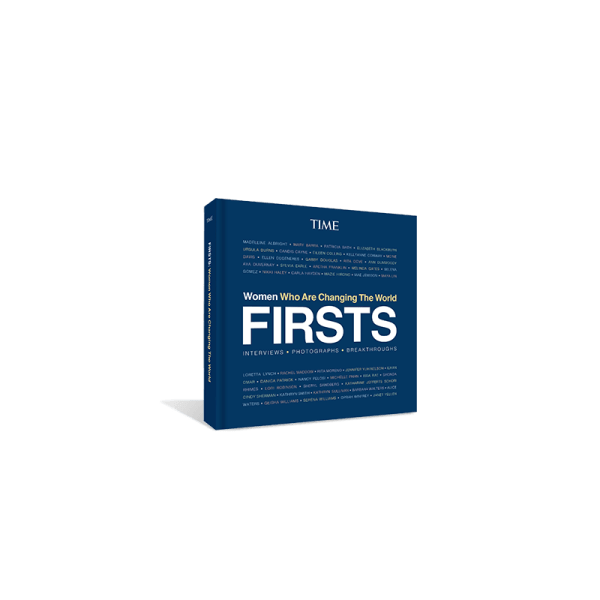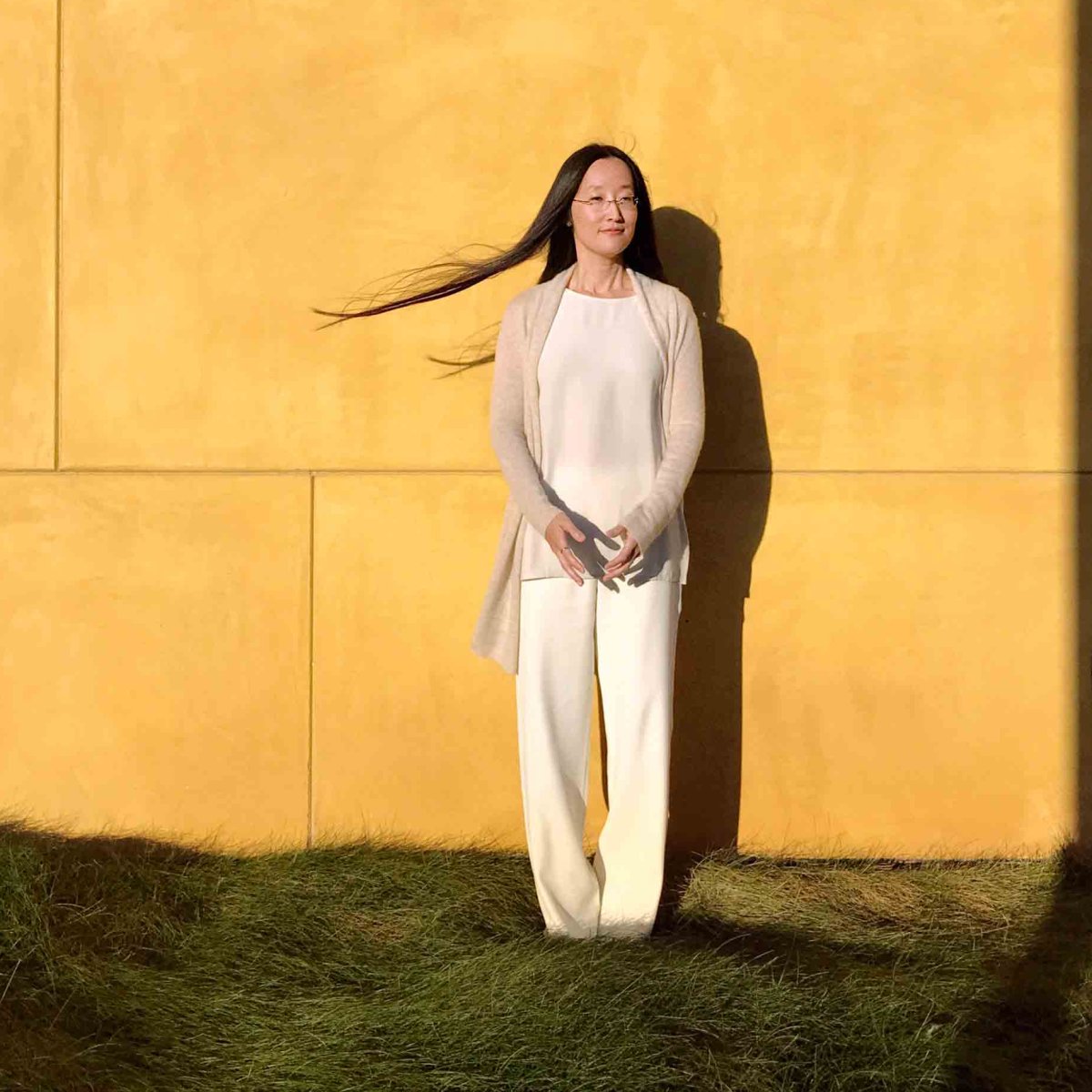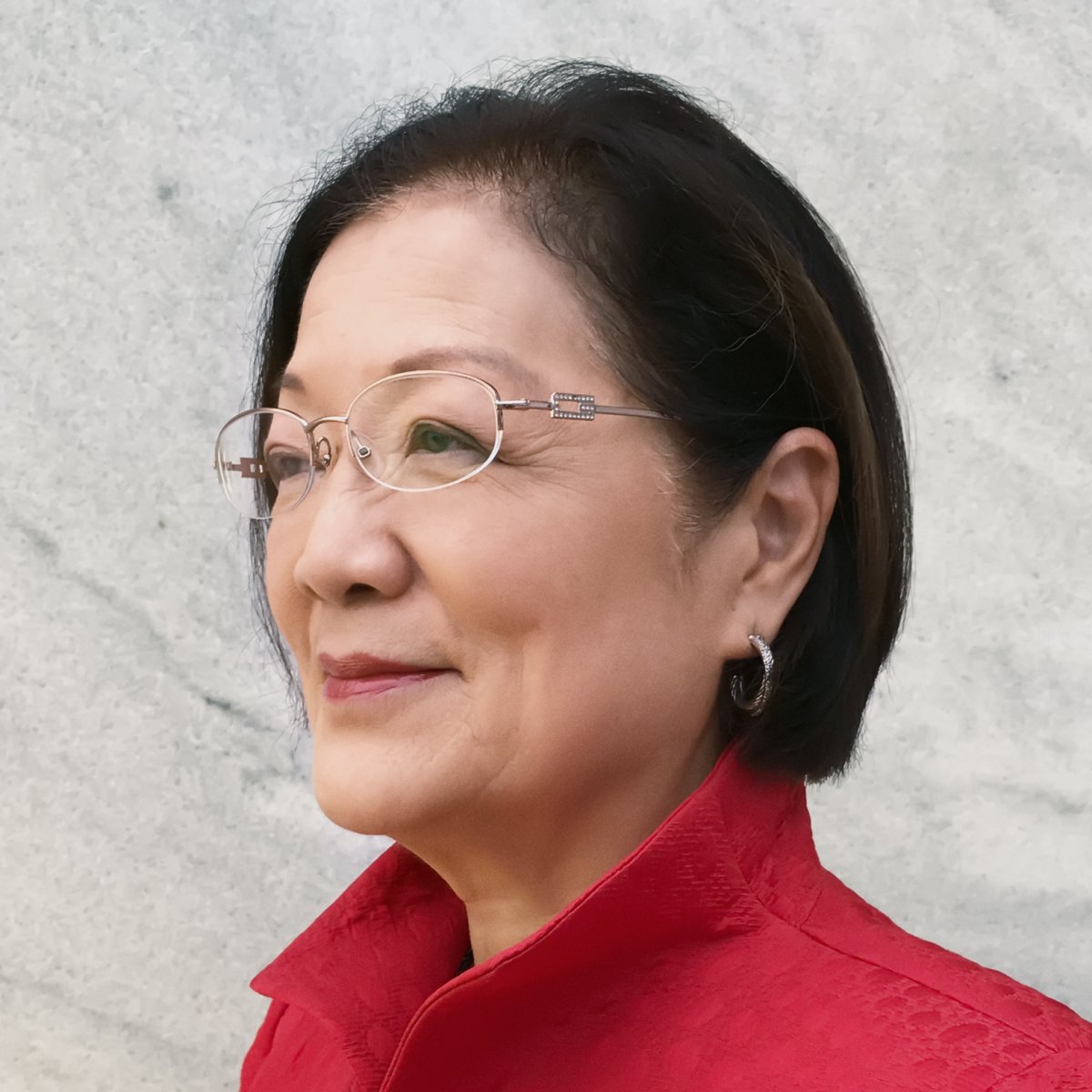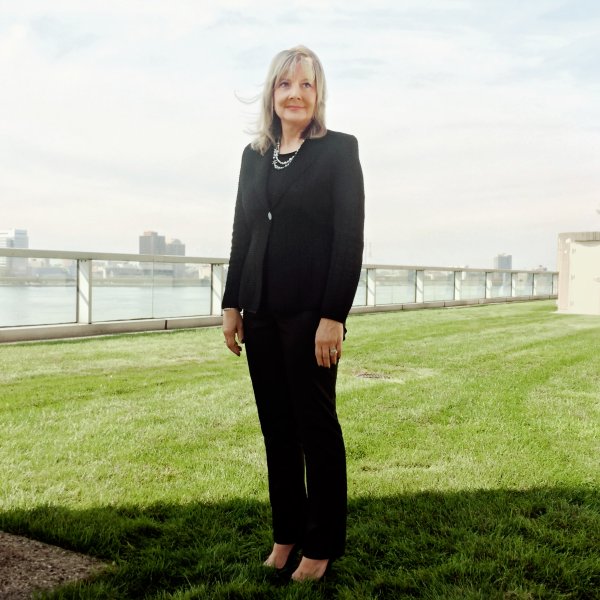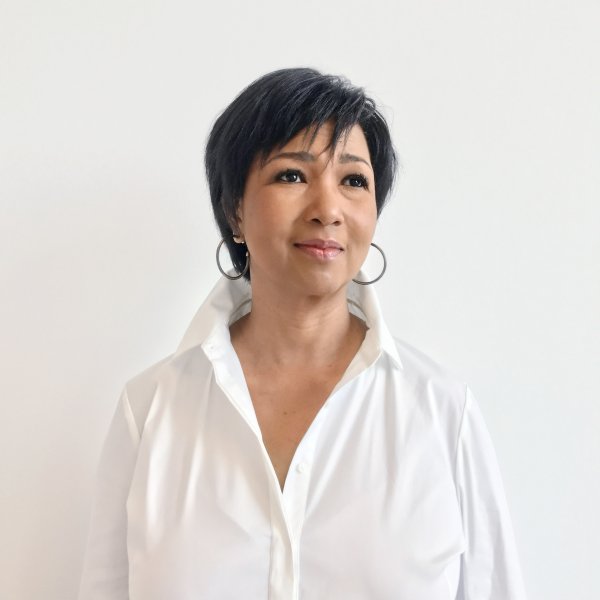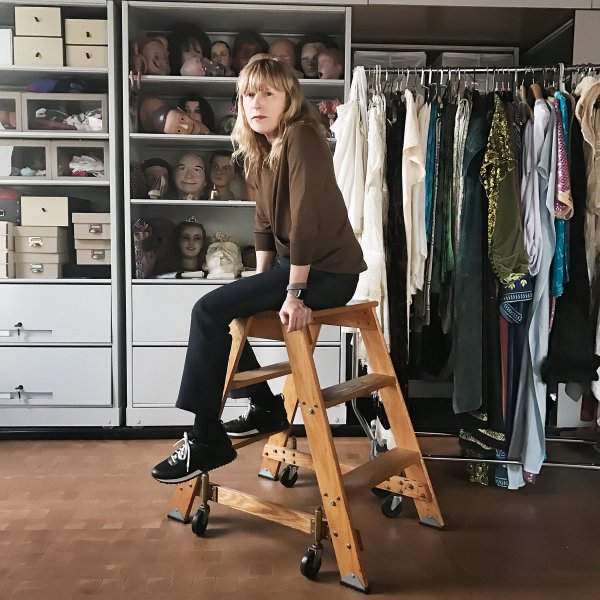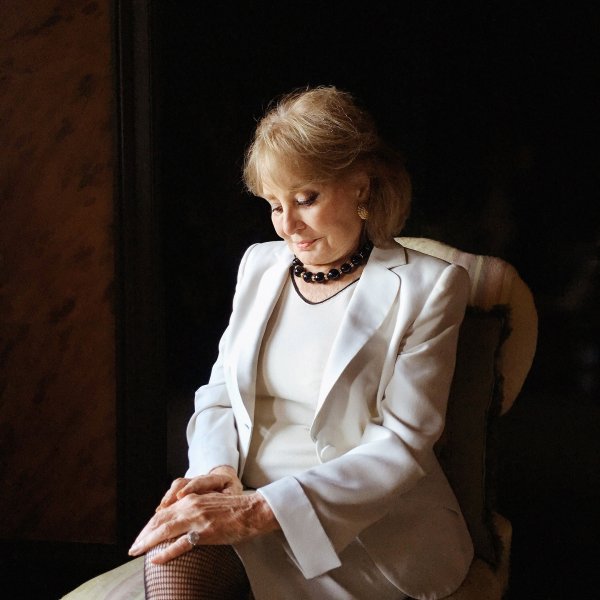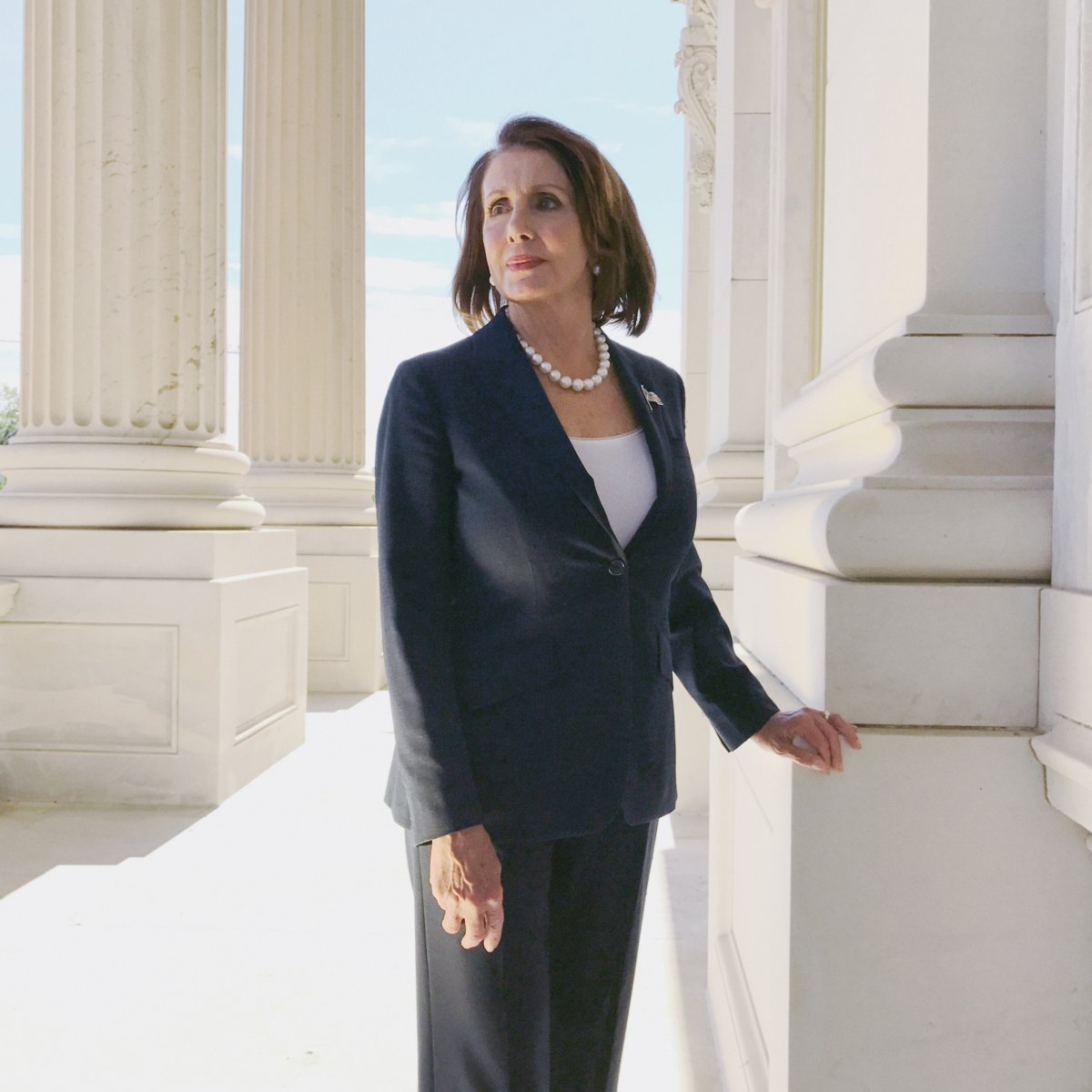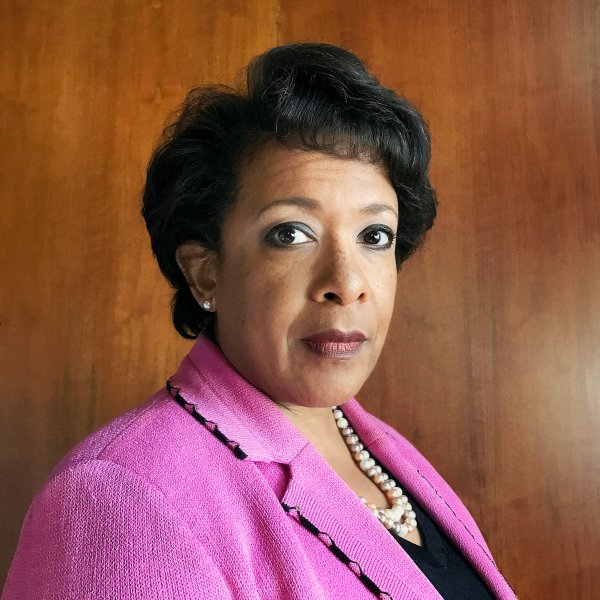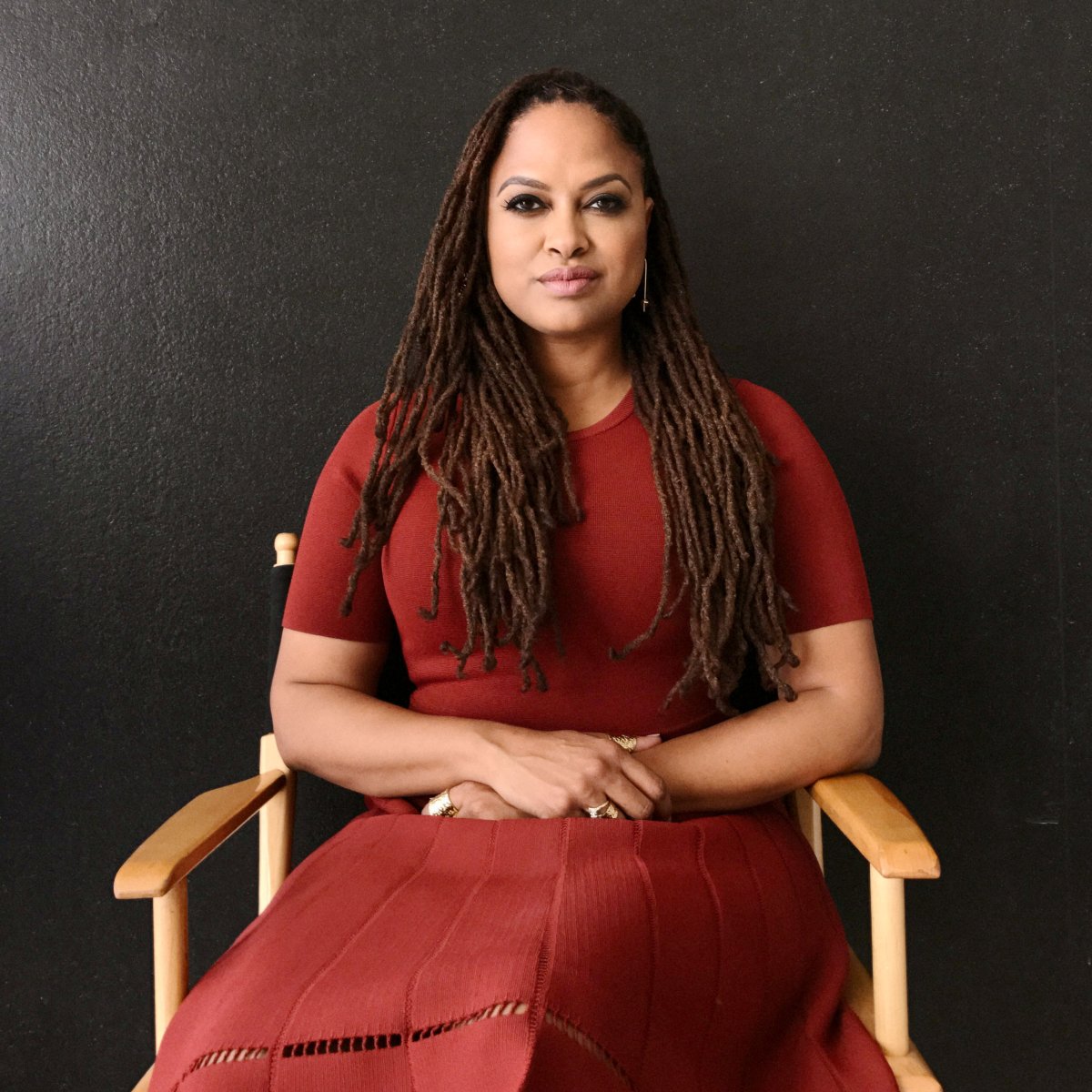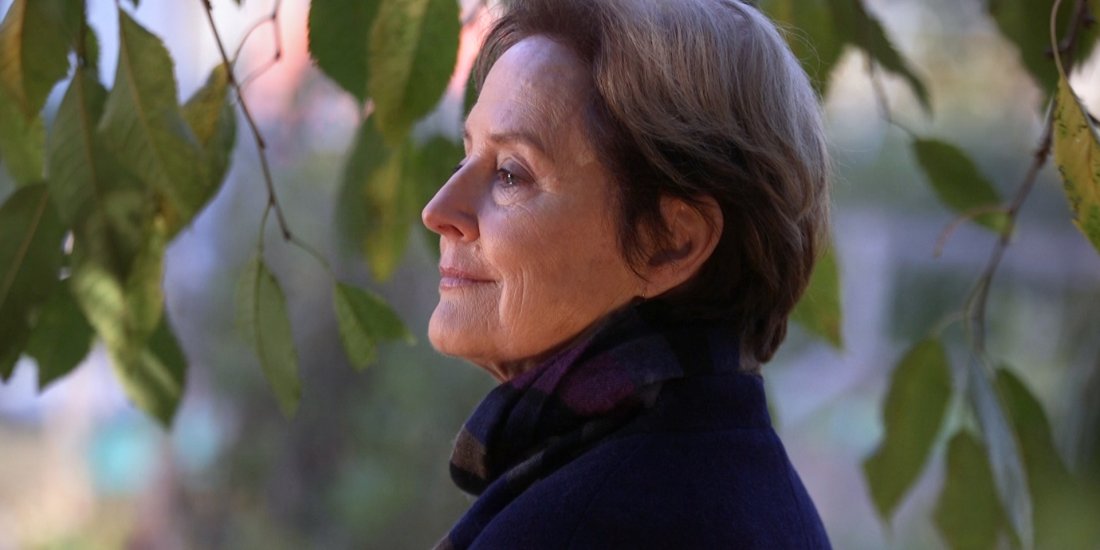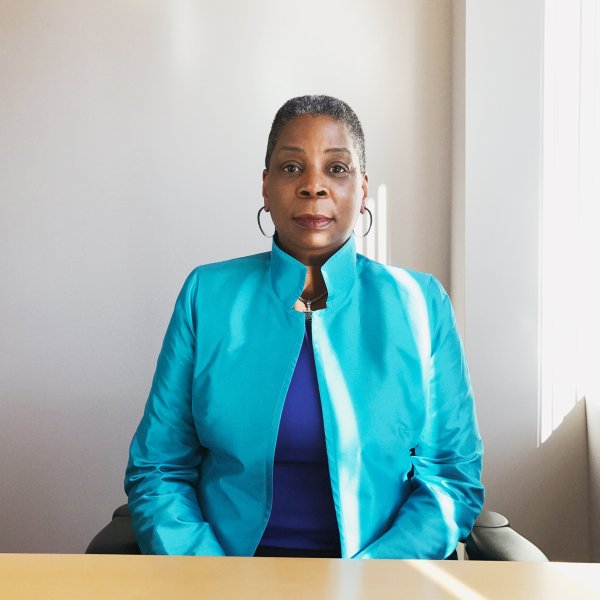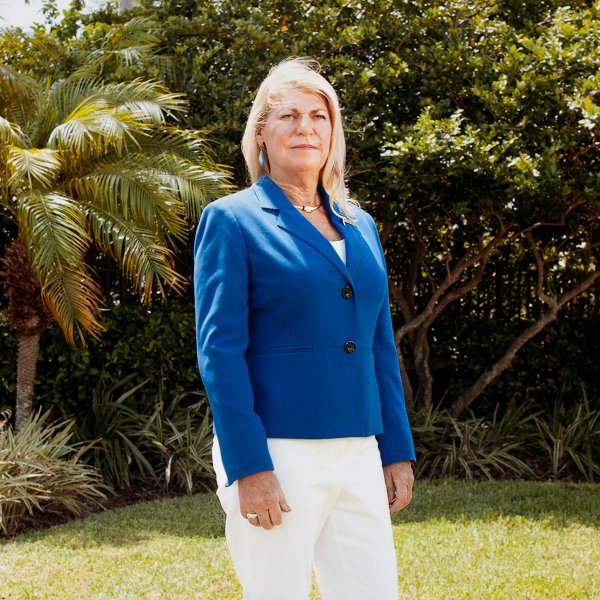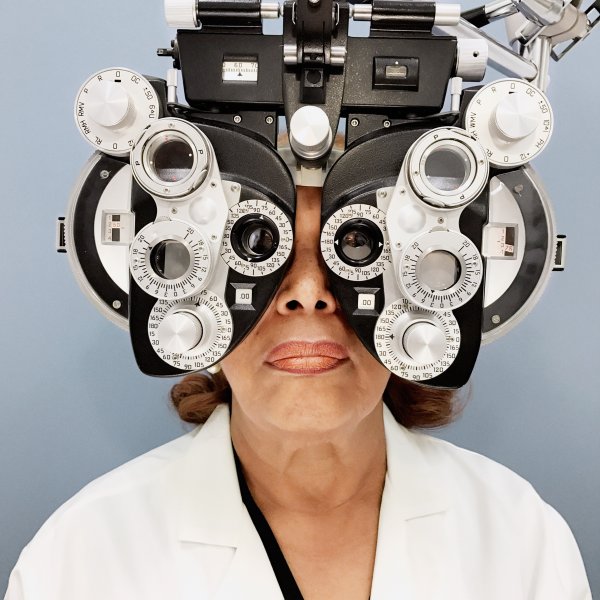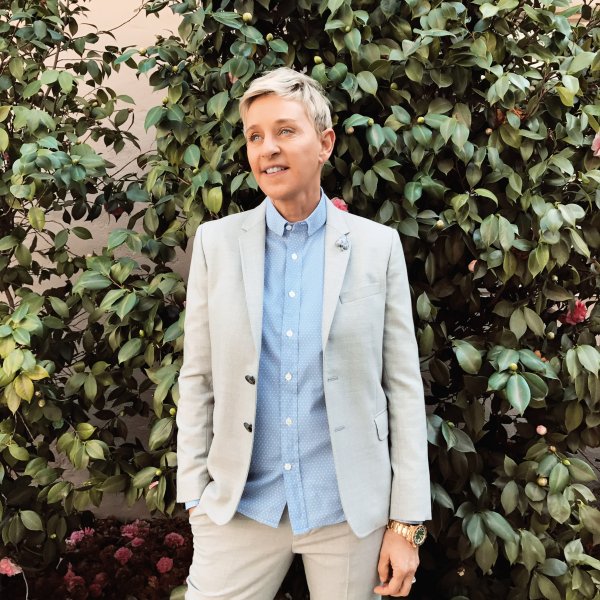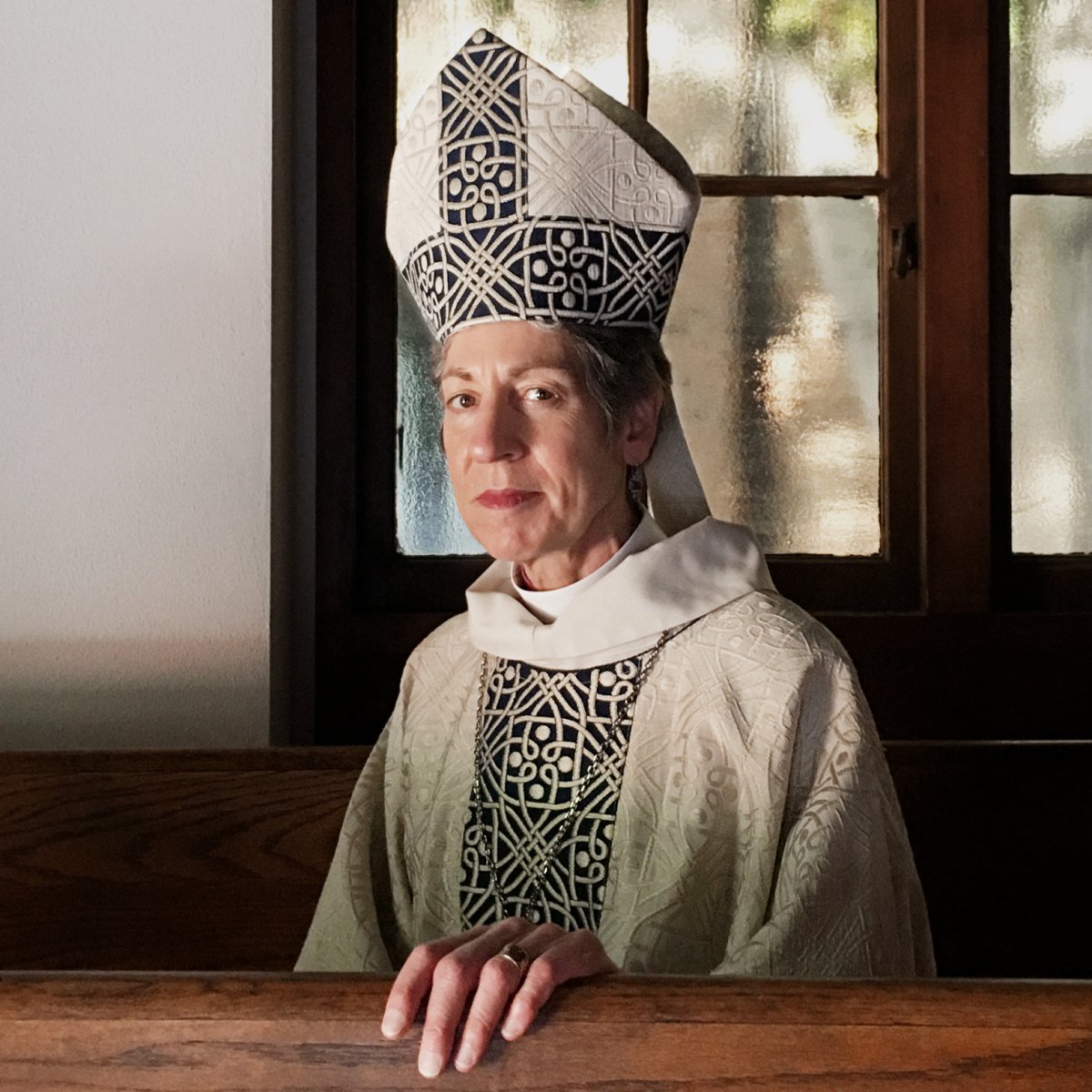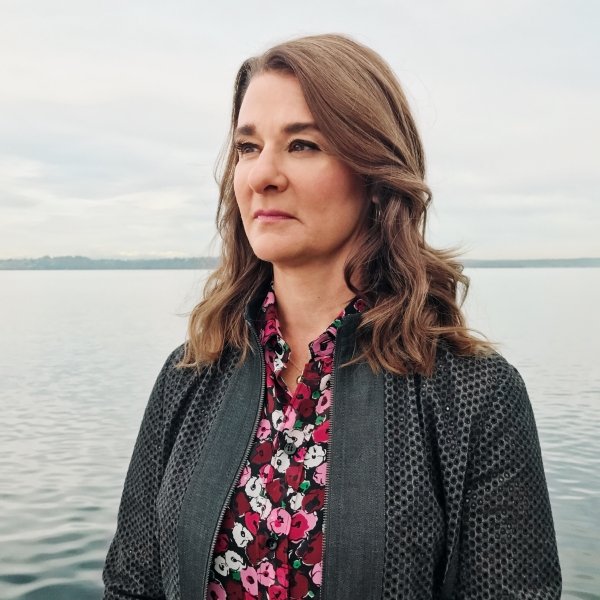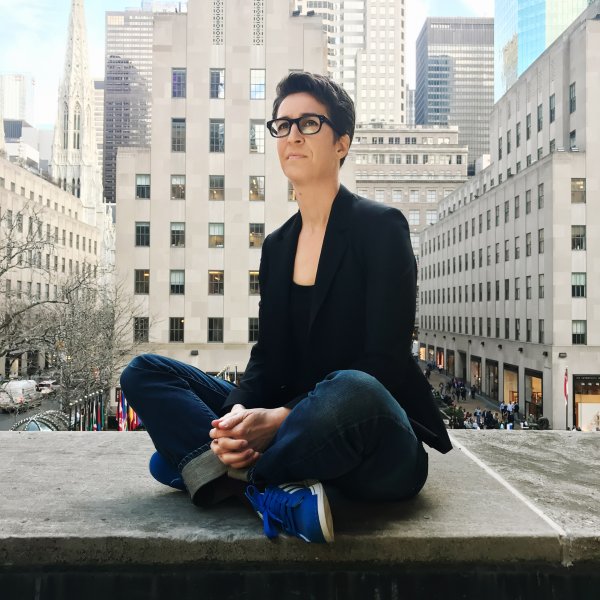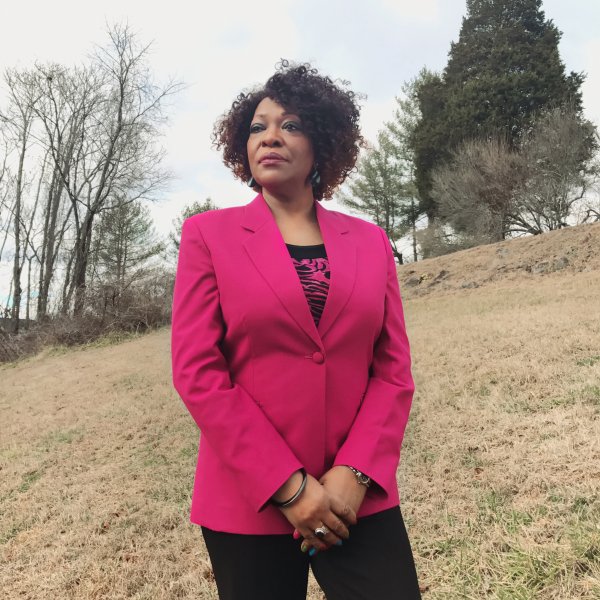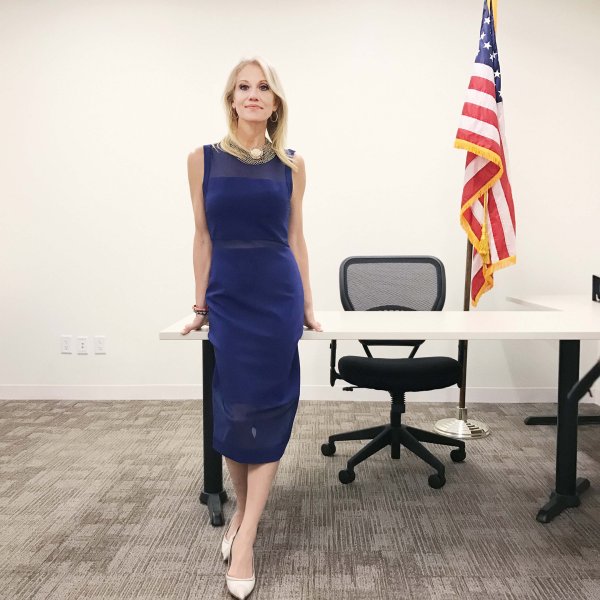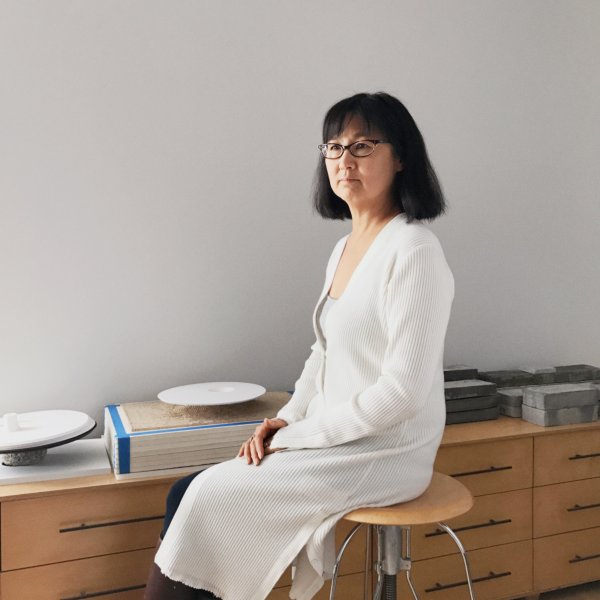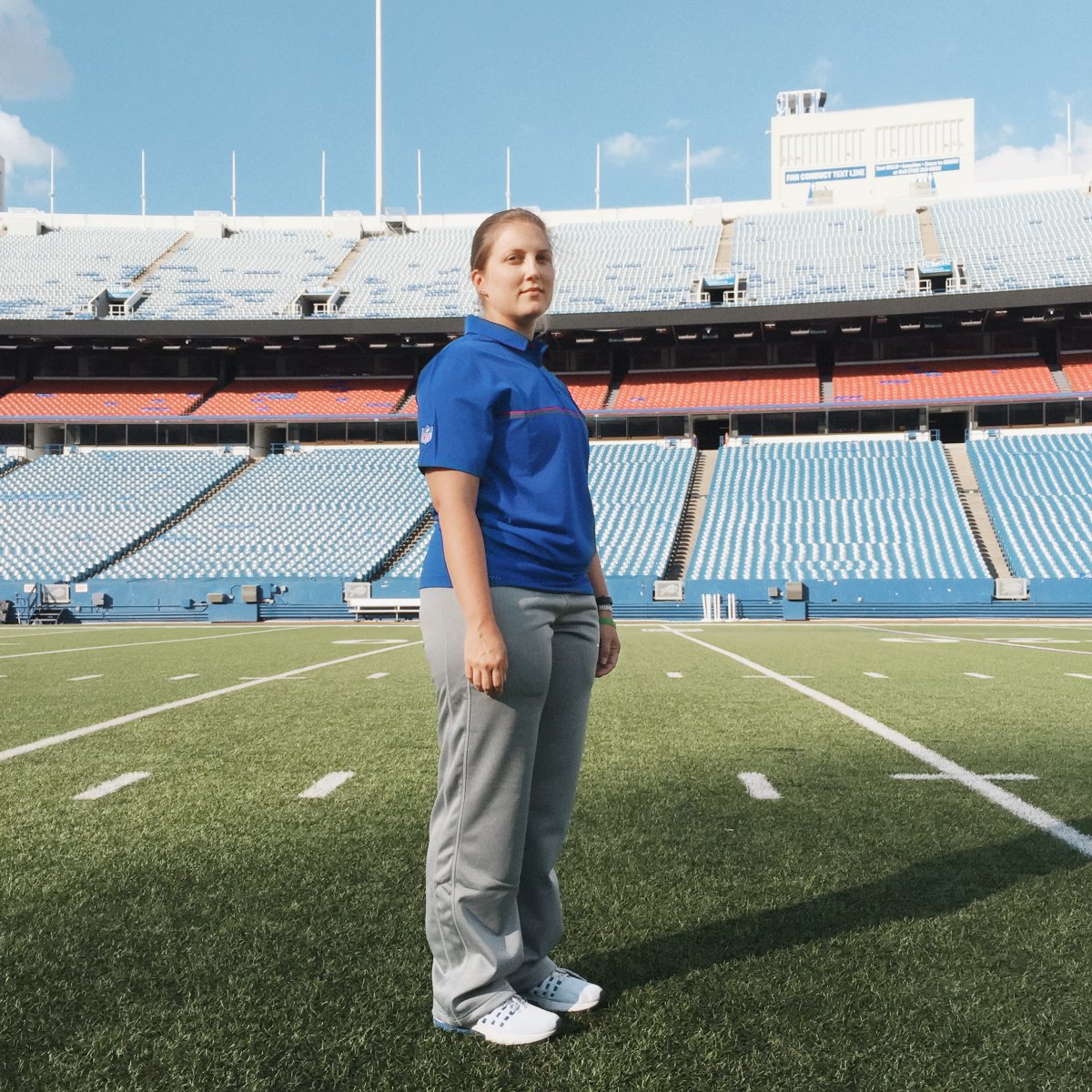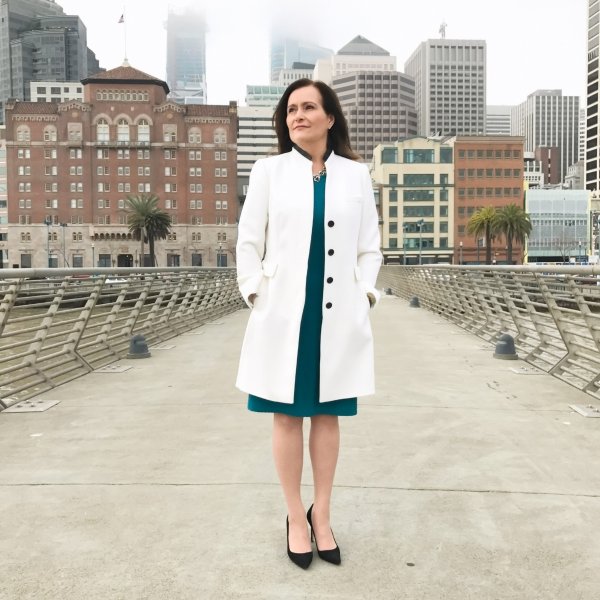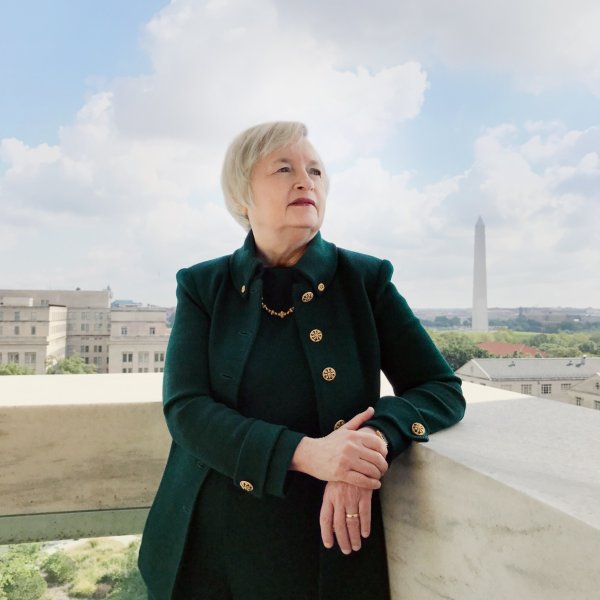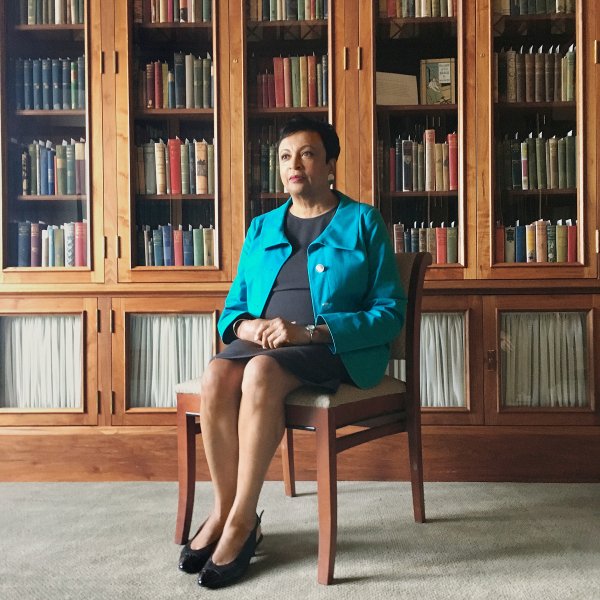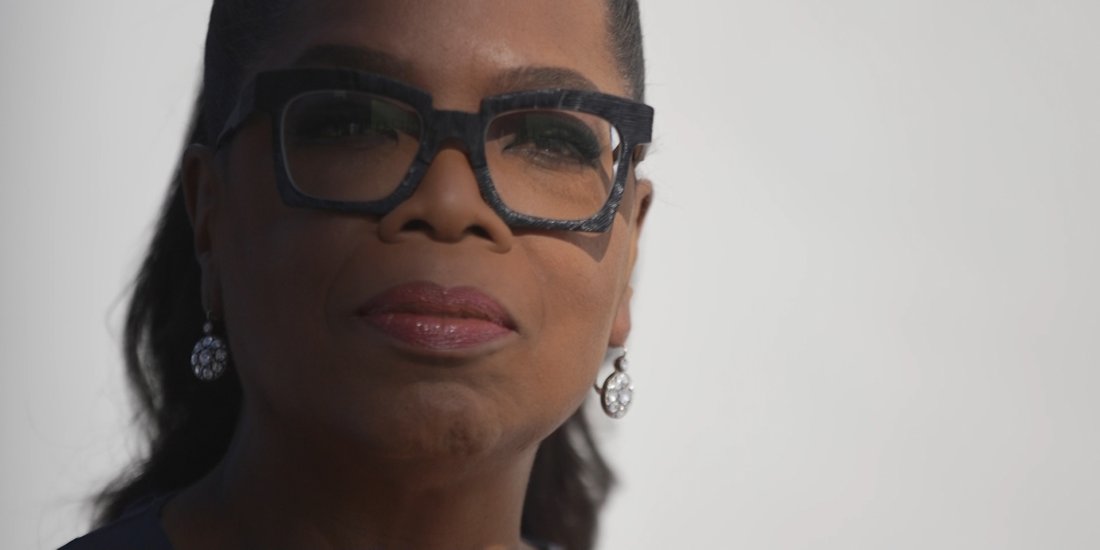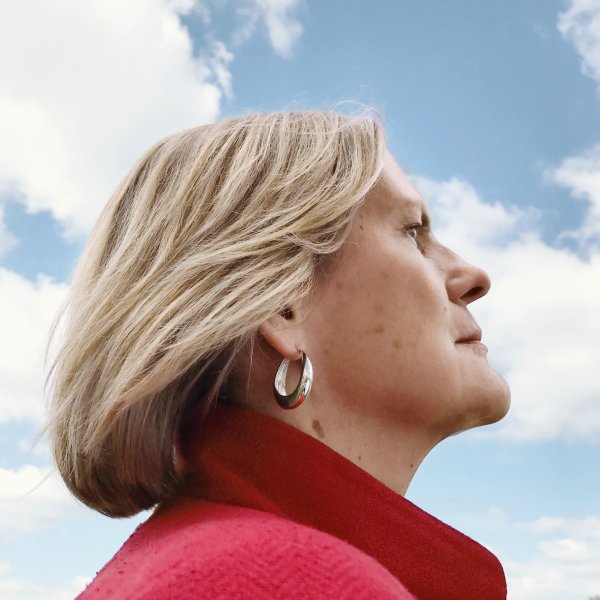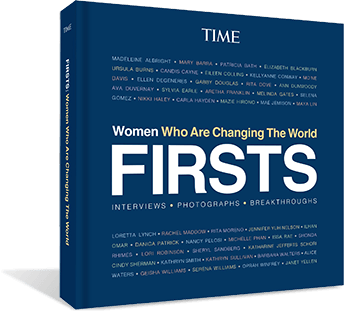The Executive
Ursula Burns
First black woman to run a Fortune 500 company
Interview
‘You can perform as well as they can—or better.’
I became an engineer by accident, when I realized after taking a test as a junior in high school that I was actually good at math. I knew that I liked math and I thought I was O.K. at it, but after I took the PSAT, the guidance counselor came to me and said, “My God, you did a phenomenal job. You—you could be a mathematician.” At that point I realized that what I thought was average was probably above average, and I hadn’t even really been trying hard. If I put my shoulder into it, I probably would be even better.
I grew up in Manhattan in the late 1950s through the mid-’70s within about 10 blocks on the Lower East Side, in the Baruch housing projects. It was actually fun and good. I look back on it often, because if you see the neighborhood, there would be assumptions that we lived in squalor and fear and hunger. But there was none of that.
We started out in the tenements, and we kept moving up. We ended up in the housing projects, which were outstanding. If you went to them now, you would say, This is outstanding? But for us, the transitions were marked, and they were always a transition of improvement—from a tenement house to a little apartment in the projects to a bigger apartment in the projects. Those were all signs of progress for us.
It was my brother, my sister, my mother and me. If you asked my mother, she would probably say it was harder for her than for me. We had a very small community. We were poor. Our parents worked hard. Many of us—most of us—had a single parent. But we had a lot of control and structure. My mother struggled to make it O.K. for us, but we didn’t have the Internet back then, so we didn’t know how much other people had or how little we had.
Someone once characterized what they called “three strikes” against me. I thought it was an interesting thing to say, but I try not to characterize them as strikes: I was poor, I was black and I was female.
One of these—the poverty piece—you may be able to work your way out of. But to have strikes for being female and black is a bad thing to think, and for people to say. You have no choice about those things. To say that by definition of who you are it is impossible or very unlikely for you to succeed, or to be considered a good person, or to be considered intelligent, or to have opportunities … That struck me when the person said it. I was not the first person they said it to, I’m sure. I have heard it before. But I’ve taken how unsettled I was and tried to change it. From that perspective, difference is generally better.
I grew up as an engineer in math and science, where it is mostly men. Mostly white men. All white men. All men. Again, difference is generally better. One of my strikes is the outcome of the other two. So you take the gender and the race differences and use them as a strength. They become a positive. You can perform as well as they can perform—or better—and you will be noticed. You have to have a continued focus and not bow to the many, many, many headwinds, but you can use them as an advantage. I say this to women all the time, particularly women who are trying to get into STEM.
For women and women of color, if you walk into a STEM environment, you will be the minority in the room. Everybody has their eye on your work. Instead of your differences becoming a burden, it should be an opportunity for you to distinguish yourself. That’s what I turned those two “strikes” into.
Burns retired in 2017 as chair of Xerox, where she served as CEO from 2009 to 2016.
